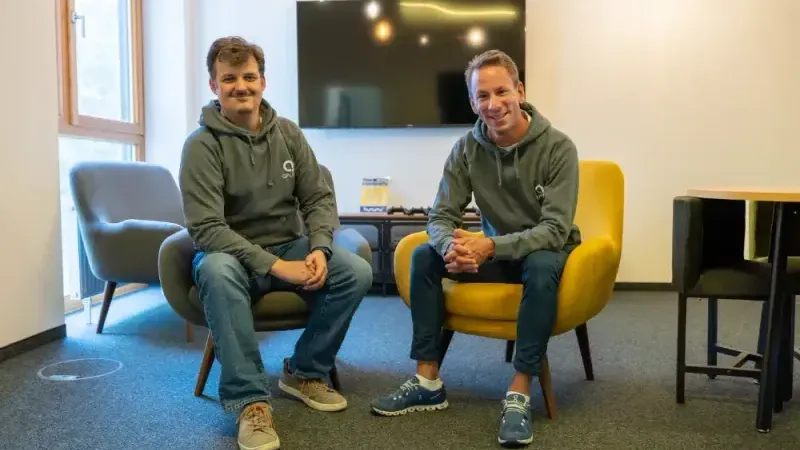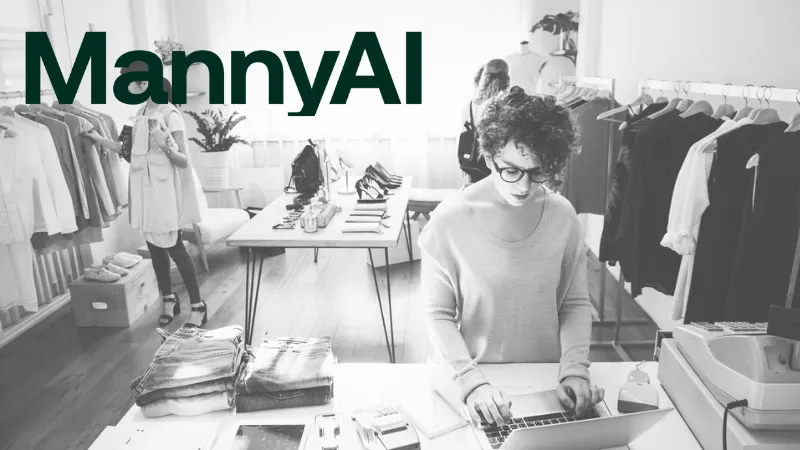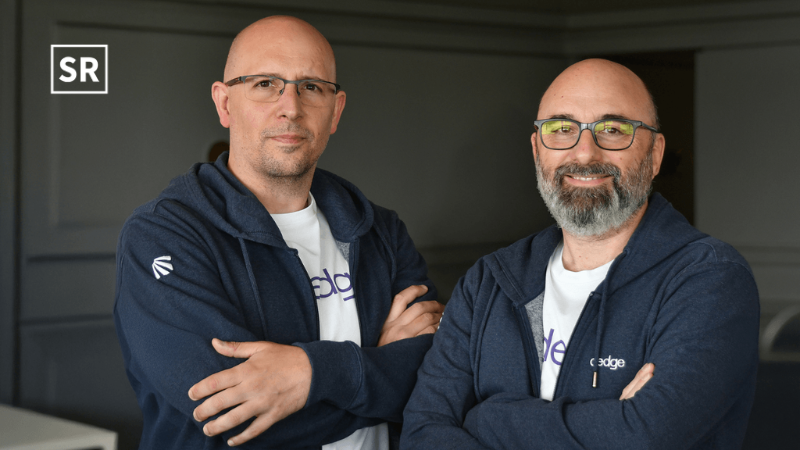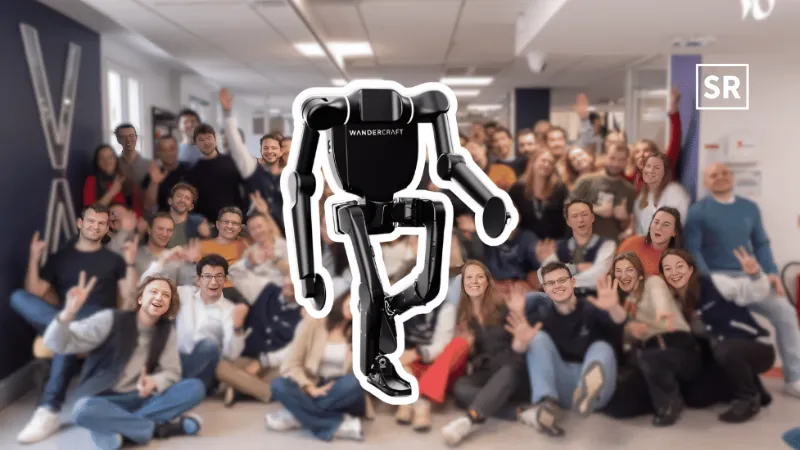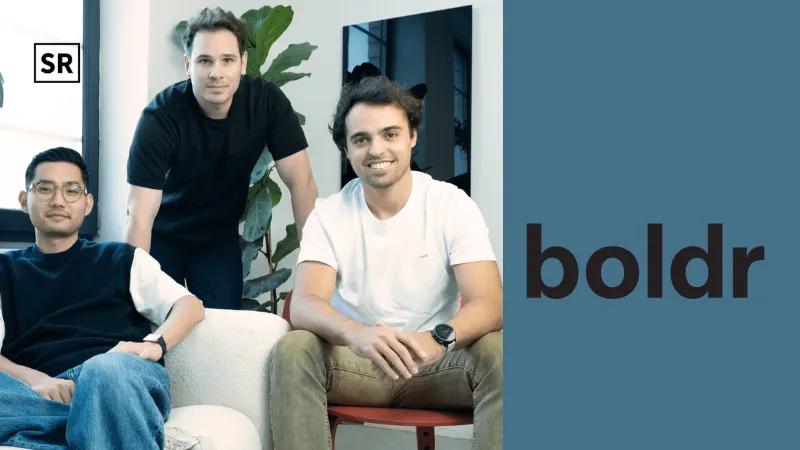Family.cards funding news – Germany-based Family.cards Raises €1.2 Million in Seed Funding
Sep 26, 2024 | By Team SR

Family.cards, a startup, which makes cards that connect to a TV and allow elderly people to do things easily online, raises €1.2 million in seed funding. The round was led by Brandenburg Kapital and OHA Osnabruck Healthcare 7 Ventures. Existing investors, Antler (the European early-stage VC which recently backed Sloyd and Namma Yatri) and Birdhouse, also invested in this round.
The new funding will go into developing the technology even more, expanding the staff, bringing in outside apps for the card shop, and breaking into new European markets.
Up to 69 million seniors in Europe are estimated to be unable to operate touch displays due to physical, psychological, or cognitive loss. This makes it difficult for individuals to accomplish daily activities like scheduling doctor's appointments, talking with family members, or watching videos. Family.cards gives senior citizens access to digital services.
Read also - La Solive funding news – French-based La Solive Secures €4 Million in a Series A Round Funding
RECOMMENDED FOR YOU
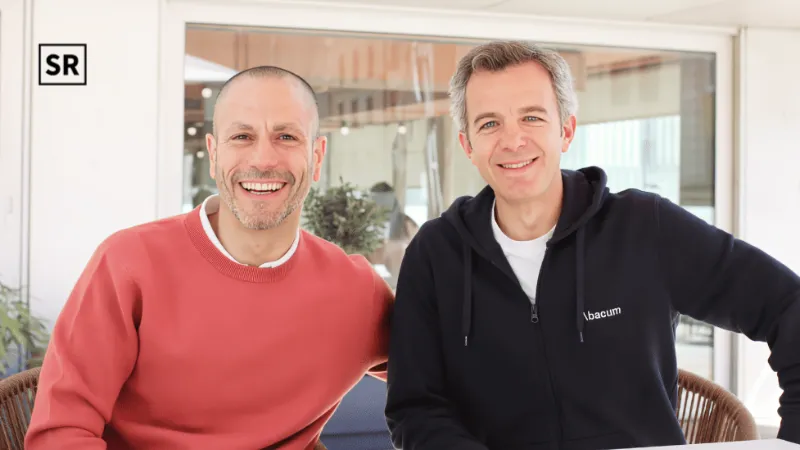
Barcelona-based Abacum Secures Over €50 Million In Series B Round
Kailee Rainse
Jun 11, 2025

German AI Startup Mercanis Secures €17.3 Million Series A Round For Its Agentic-AI Procurement Solution
Kailee Rainse
Jun 19, 2025
Family.cards was founded in 2022 by Teo Ortega and Simon Hafner, who got to know each other while participating in the Antler residency in Berlin. Teo Ortega is a seasoned businessman who has had numerous high-level positions as a product lead at businesses like TheMotion, koko, and Citibox. With a background in technology and engineering, Simon Hafner worked as a software developer at Zalando for a number of years.
The company has created an innovative technology that allows seniors to use their television to access a wide range of digital services. With the use of a straightforward card system that connects to the TV through a card reader, it provides a plethora of user-friendly features including making video chats, exchanging images and videos, listening to music and audiobooks, accessing age-appropriate workout programs for sports, and much more.
The haptic interface is incredibly user-friendly. Its foundation is a wireless card reader that the user can set up in front of them on a coffee table. Putting the card on the card reader, downloading the family.cards app, and connecting the TV via the HDMI connection are all that are required. The TV and card reader will instantly establish a connection.
Teo Ortega, co-founder and CEO of Family.cards said, “We are very pleased with the trust and support of our new and existing investors,” “This financing enables us to further develop our innovative platform and accelerate the market launch in order to offer even more seniors the opportunity to easily participate in the digital world. With the support of our investors, we are ready to offer our platform nationwide and enable seniors to participate in a new way of accessing digital content.”
Katja Kühnel, Senior Investment Manager at Brandenburg Kapital, said, “The use of digital solutions by older adults is a prerequisite for demographic change to succeed. However, existing offers are often not appropriately designed for this target group. Family.cards has set out to address this neglected, major need in the market.”
OHA General Manager Jan-Felix Simon, added: “We accompanied the family.cards team in our Healthcare Accelerator and were immediately impressed by the team and their product. The decision to invest was therefore easy for us”
Alan Poensgen, Partner at Antler, stated, “As the most active investor in Europe, we recognise founding teams with serious potential. This is an outstanding founding team which combines a seasoned entrepreneur who has built complex hardware before, together with a technical founder who has worked on some of the hardest technical challenges for one of Europe’s top technology organisations. It is very exciting to work with them as they realise their shared ambition to build technology that has a positive impact on society and improves the lives of older people.”
About Family.cards
Family.cards, There are 69 million Seniors in Europe alone with cognitive, physical and psychological limitations who are not capable of using many of the devices that are very common for all of them like smartphones and tablets, including senior-phones.


 Follow us
Follow us Follow us
Follow us

